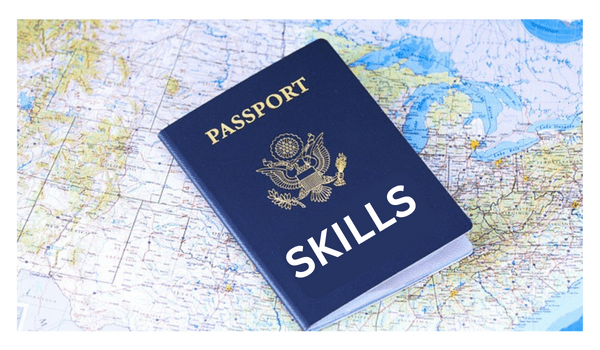Qualifications are becoming less important by the day. People are being able to do well, based merely on the skills they have acquired. So, is it right to say that only skills will lead professionals to success in the future?
It appears so, since skills and capabilities will help bag jobs and not college degrees. A report by the World Economic Forum (WEF) said that half of the workers of the world will require to reskill by 2025, especially in the industrial sector where most processes and tasks are being automated. Many factories, worldwide, have already embraced artificial intelligence (AI), robotics and blockchain. However, they are also looking at reskilling their workers.
‘The Future of Work is Flexible’ report by Wired Consulting for Unilever, reveals that progressive factories around the world are using ‘low-code’ and ‘no-code’ development platforms, which let people with no experience or knowledge of writing codes to actually begin building apps and processes on their own. That means, in the future, employers will not need to hunt for skilled talent with specific expertise in developing AI solutions. Existing employees will simply need to learn how to use specific tools that will help them develop straightforward or basic solutions to their own unique or specific issues.
Importance is being given to skills at a global level. In fact, the EU’s ‘Pact for Skills’ training initiative endeavours to see 60 per cent adult participation over the next seven years. Based on obtaining micr-credentials or taking small courses offering specific skills, the initiative formally emphasises skills at a global level.
The focus in the future will probably be on ways to standardise this learning. That is where a skills passport, accepted worldwide, will come into play. Relevant platforms will have to verify the credentials and authenticity of those offering the courses and the learners taking them. For instance, Acclaim, is a digital badging platform employing block-chain technology to externally verify the learners and teachers both. This will ensure that the learners can use the credentials — which will be recognised everywhere— to bag more suitable and better jobs.
If such a standardised skills passport comes to be recognised worldwide, talent pools will witness a higher level of diversity. Imagine workers from all over the world, irrespective of nationality, being able to conveniently get their learning / competencies verified. Not only will there be suitable opportunities for everyone, but employers will have no problems finding the right and competent talent, even from across borders, whenever the need arises. Access to suitable talent, when and wherever required, will become a lot easier.


